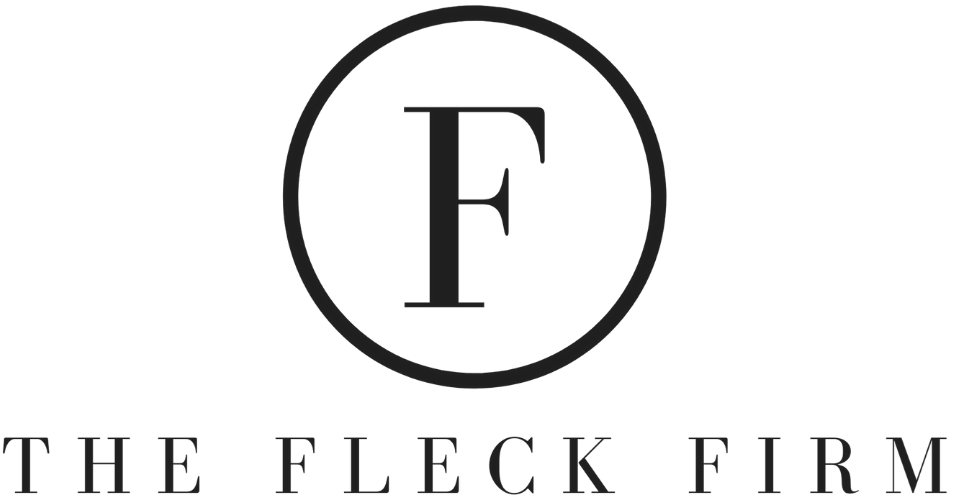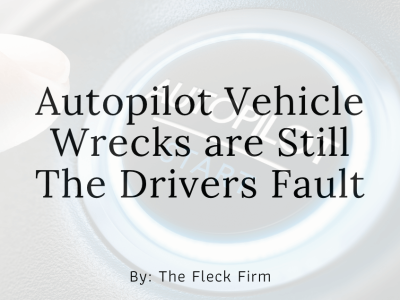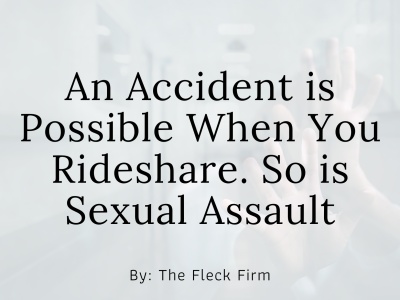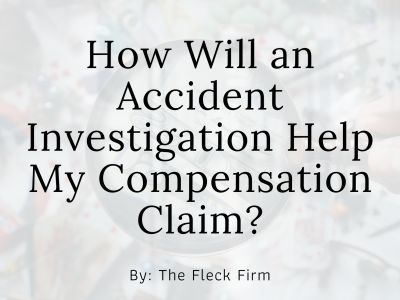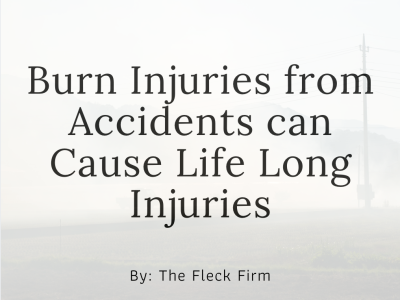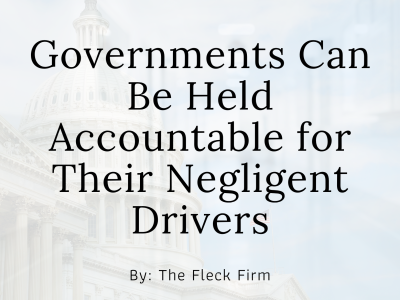No Matter How High Tech Your Vehicle, You Must Pay Attention to Driving
Technology can make driving safer, but that depends on whether you use it properly and pay attention to its limitations. Putting too much faith in it can endanger yourself, your passengers, and those around you.
Other attorneys take contingent fees of 33% to 50% of your settlement.
We want you to keep more of your money.
Our contingent fee is only 30% on cases settled prior to filing suit.
The Good News
Techspot reports that advanced driver assistance technology, including lane-keeping assistance, automatic emergency braking (AEB), and blind spot monitoring, makes driving safer. A recent Insurance Institute for Highway Safety (IIHS) study finds that crashes with these devices (Level 2 technology) have declined.
AEB uses radar and cameras to scan what’s ahead. It will check if the driver responds to potential hazards and, if not, apply the brakes to prevent a collision. The study estimates that AEB cuts the chances of causing a rear-end crash by half.
But too much technology can be a bad thing. More advanced technology offering more autonomy, such as GM’s Super Cruise or Tesla’s Autopilot, may result in more danger. Drivers may feel a false sense of security, so they’re dangerously distracted and complacent, not paying attention so they can intervene if necessary.
Vehicles equipped with GM and Tesla’s autonomous driving technology have caused well-publicized accidents, causing federal officials to investigate their problems. A taxi equipped with Super Cruise recently ran over and stopped on a pedestrian hit by another vehicle, prompting California officials to suspend its use.
Techspot claims research results are contradictory. While the federal National Highway Traffic Safety Administration (NHTSA) states the technology has distracted driving risks, it hasn’t found a connection between Level 2 systems and an increased risk of crashes, but crashes involving vehicles with them are rising.
NHTSA sees systems like AEB as promising enough to make them mandatory for non-commercial vehicles by 2029.
The Not-So-Good News
Is evolving vehicle safety technology making vehicles safer or enabling unsafe driver behavior like distraction?
Jalopnik published an article a few weeks after the Techspot piece with a much less favorable view of Level 2 technology. It reports that drivers aren’t just more distracted when in fully autonomous vehicles. They’re much more likely to eat or look at their phones if their vehicles use Level 2 systems.
Level 2 safety features include trying to force drivers to continuously monitor the road so they can take over when needed, and most systems require drivers to keep their hands on the steering wheel.
The IIHS studies into Tesla’s Autopilot and Volvo’s Pilot Assist examined driver behavior while the technology was activated and how that behavior changed over time.
IIHS found drivers were doing the least necessary to prevent the systems from sounding a warning, not actively monitoring what was going on. Drivers adapted to comply with the technology while being distracted.
The study of Tesla’s Autopilot involved 14 people driving more than 12,000 miles with the system. Over time, it made 3,858 attention-related warnings. Drivers generally responded by nudging their steering wheel to prevent an escalation. The study of Volvo’s Pilot Assist involved 29 volunteers who were distracted 30% of the time while the system operated, which the authors considered an “exceedingly high” rate.
The Lesson to Be Learned
Drivers haven’t been replaced yet. No matter your vehicle’s technology, you must be actively engaged while driving, or you defeat its safety benefits. Technology hasn’t evolved to allow you to safely surf the web, eat breakfast, nap, read, or stream your favorite mini-series while behind the wheel.
Failing to remain vigilant while driving can be negligence that can make you liable for injuries in a vehicle crash that you cause.
What’s the Next Step?
If a distracted driver injures you or a loved one and you want an experienced attorney to help, call The Fleck Firm to schedule a free consultation at (270) 446-7000. We can discuss your accident, the injuries, Kentucky law, and what to do next. You will be fully informed about your rights, the challenges ahead of you, and the strengths of your case. Insurance companies have lawyers. You should have one, too.
